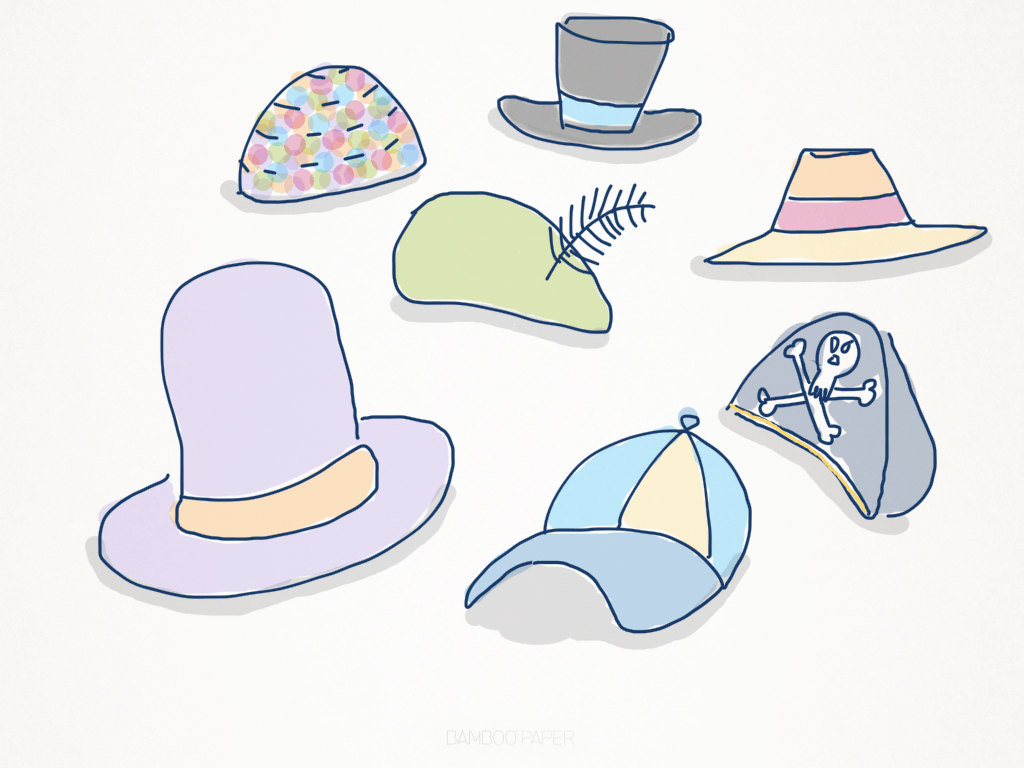When someone on the street or at a party asks me, “What do you do for a living?” I usually say I’m a web designer.
It’s the answer that most people understand, and it’s partly accurate, although it’s not the full story. But if I were to respond with “I’m a user experience designer” then the conversation that follows is often much less straightforward. People either think I’m trying to big-note myself—to sound more important by using a fancy title—or they are genuinely confused and can’t grasp the idea, even when I go on to explain it. “I’m a web designer” is just easier.
But when it comes to talking to clients, recruiters and co-workers, I make a point of the fact that my job title is user experience designer. Why do I believe it’s important to make this distinction for this audience, rather than just calling myself a web designer? Here are a few reasons why I don’t describe myself as a web designer:
-
It implies a strong command of HTML, CSS and JavaScript (and maybe Flash).
I used to be across all of the latest techniques for achieving cross-browser compatibility and elegant separation of markup, style and behaviour. For a while, I wrote a regular column for a leading web development resource, writing about these very topics. But these days, I’m simply not able to keep up with such a constantly changing landscape. Most of what I do involves creating surveys and conducting interviews, sketching and refining ideas, running user tests and designing visuals in Photoshop. I benefit from having a reasonable knowledge of how to write best practice code, but I just don’t spend as much time doing it these days (and I’m OK with that).
-
It ignores all the other platforms.
The web is a delightful platform to design for, and the one I know best, but it’s not the only platform. These days I also apply my design skills to desktop software, and more recently, native mobile apps. The technologies, constraints and conventions in each of these platforms may differ, but the process I follow and many of the principles that guide me are identical. These skills are transferrable because they are derived from the user, not the technology.
-
It comes with baggage.
The immediate image that many people conjure up of a web designer is that of a 14-year-old with a pirated copy of Photoshop and Dreamweaver. Describing yourself as a web designer undersells the professionalism and experience you bring to a project or a client. The very term evokes both generalisation and specialisation, because that’s what is required. UX designers are specialists at being generalists. And they may be specialists in something else too!
-
It ignores the processes, techniques and disciplines upon which UX design is based.
The term “UX” is most often used as an umbrella term that spans all stages of a product lifecycle, from research through to post-launch maintenance and everything in between. There are many activities performed by UX designers that inform a design but are decidedly non-designy. Techniques such as collecting user research, creating an information architecture, creating user profiles and user stories—these are all skills that specialists have formed entire careers around, but aren’t reflected in the term “web designer”. If you’re doing some of the activities under this umbrella and not effectively communicating that fact to your clients or in your marketing, you’re underselling your skills. Likewise, the user-centered design process is well established, having evolved years ago from the fields of psychology, sociology and ethnography. The fact that it’s broad by definition encourages practitioners to step back and appreciate a project from afar, to fully comprehend the big picture.
-
It’s not how more experienced roles are advertised.
Companies that don’t utilise the web in a big way as part of their business probably don’t need a UX designer—they need a web designer. The requirements for their online presence is not complex—they may be a restaurant looking for a simple site that displays contact details, a map to the restaurant and a downloadable menu. Other than a blog to complement the core content, the site is largely static—basic pages that do not change over time. These companies need a web designer.
However, a company looking to create a complex application (think Google, realestate.com.au, Telstra) needs someone with experience in designing this complexity and matching it to the needs of the specific users of that application. Therefore, the language used by recruiters and companies hiring for people to work on these complex web applications is different. Job ads use the terms user experience designer, interaction designer and information architect. In the current job climate, the demand for these roles (and the corresponding salaries) are higher than that for web designers. In short, if you market yourself as a user experience designer, rather than a web designer, you will be paid better for the extra value that you bring to the client than if you market yourself as a web designer.
I’m not suggesting just changing your job title without backing it up—I’m suggesting you educate yourself about user experience design so you can offer a more targeted service than purely “web design.”
Not that there’s anything wrong with calling yourself a web designer, but I believe that doing so limits your opportunities to designing static sites for small (mostly offline) businesses. Once a website requires additional complexity, it’s not good enough for a designer to neglect to take into account the psychology and behavioural issues facing that site’s users, or the best practices derived from the UX body of knowledge.
To do so requires far more than skills in Photoshop and Dreamweaver or HTML/CSS skills. It requires a process that incorporates best practices, an understanding of behaviour and human psychology, strong communication and inquiry skills, and experience in applying these techniques in a way that will deliver the best result for your client.
What title do you use when you market your services? I’d love to hear your thoughts and reasoning in the comments.

